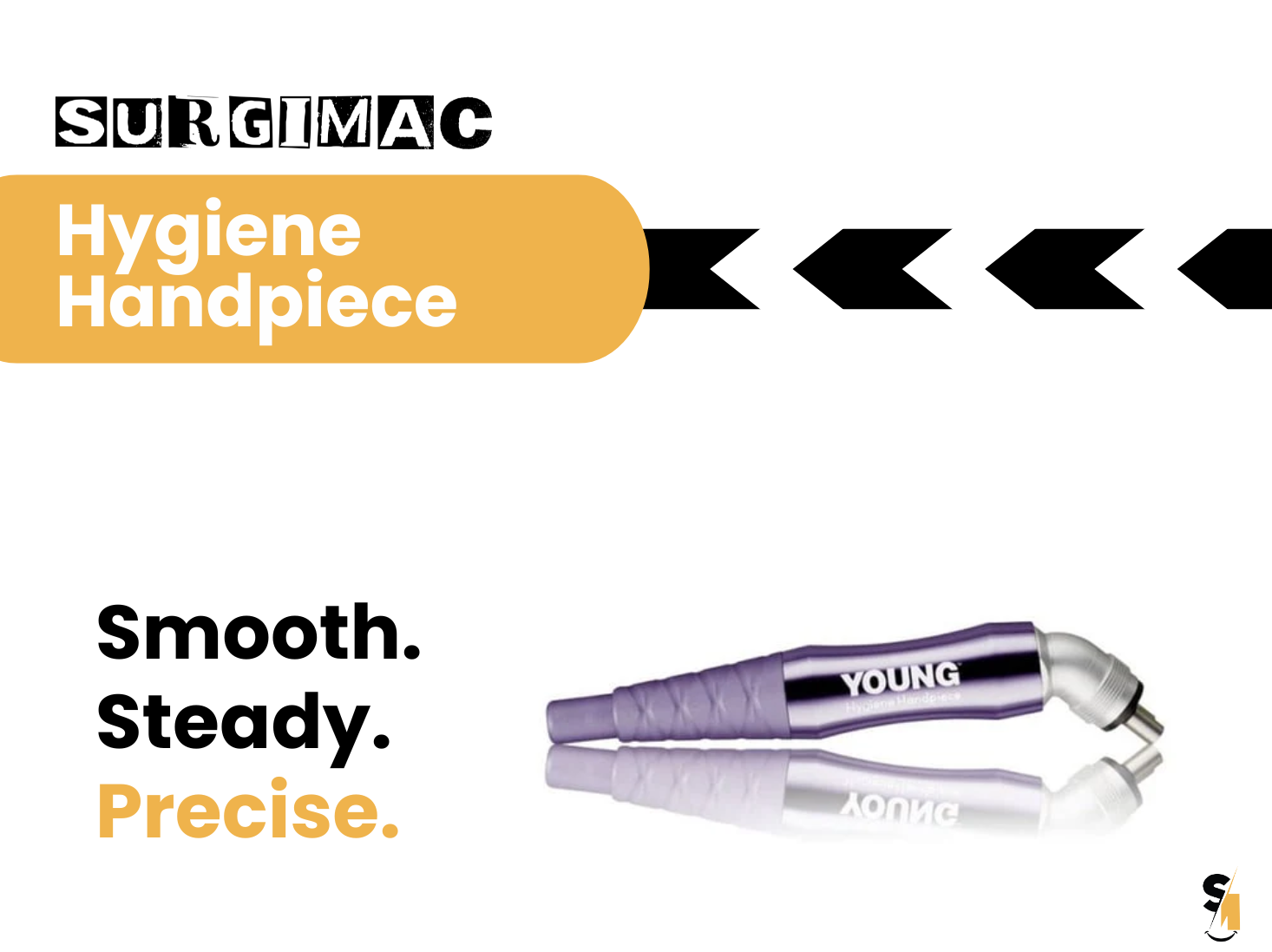The United Parcel Service (UPS) is currently in contract negotiations with the Teamsters union, and there is a growing possibility of a strike. If a strike were to happen, it could have a significant impact on the healthcare supply chain.
UPS is a major player in the healthcare supply chain, handling the delivery of millions of medical supplies and medications every day. A strike would likely lead to delays in the delivery of these critical items, which could have a ripple effect throughout the healthcare system.
For example, hospitals could run out of essential supplies, such as blood products and IV fluids. Patients could also experience delays in receiving their medications, which could have serious health consequences.
In addition to the direct impact on healthcare organizations, a UPS strike could also have a broader economic impact. The healthcare sector is a major driver of the U.S. economy, and a strike could disrupt the flow of goods and services, leading to job losses and economic slowdown.

What Healthcare Organizations Can Do to Prepare
Given the potential impact of a UPS strike, healthcare organizations should take steps to prepare. Here are a few things you can do:
-
Stock up on essential supplies. This will help you to mitigate the impact of any delays in delivery.
-
Identify alternative shipping carriers. If UPS is unable to deliver your supplies, you will need to have a backup plan.
-
Communicate with your patients. Let them know about the potential for delays in their deliveries and what you are doing to mitigate the impact.

The potential UPS strike is a serious threat to the healthcare supply chain. Healthcare organizations should take steps to prepare for the possibility of a strike by stocking up on essential supplies, identifying alternative shipping carriers, and communicating with their patients.
Sources









